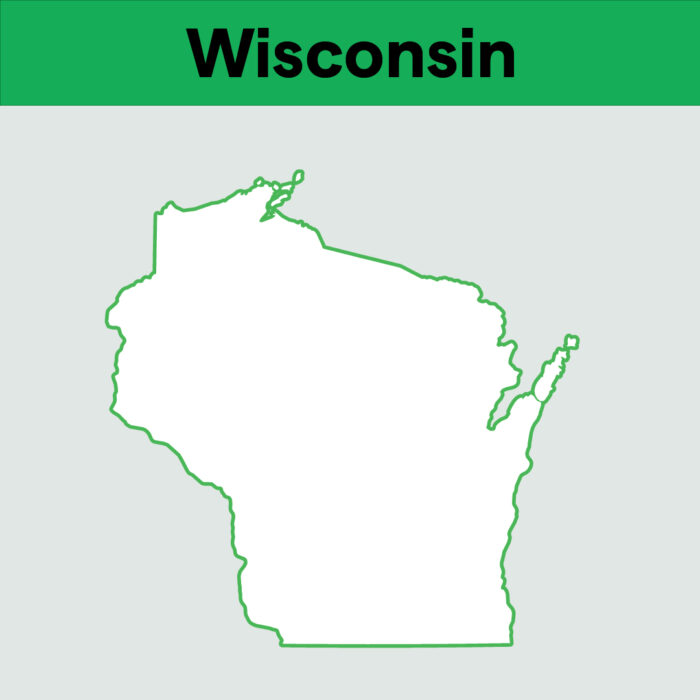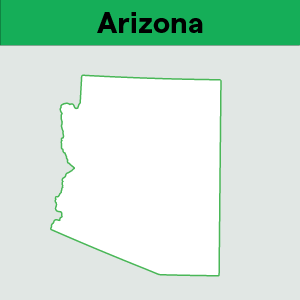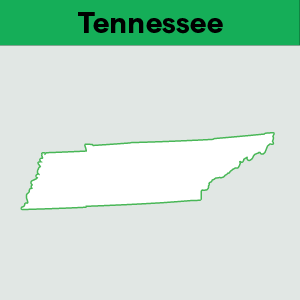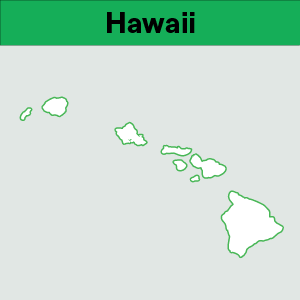Digital advertising sales tax: changing legislation
by November 15, 2024
Over the last few years, we’ve been keeping close tabs on some important developments around the taxation of digital advertising and the sale of personal data. There have been multiple proposals across countries and states within the US that have been met with a lot of pushback and ginned up considerable controversy. Let’s dig in.
What’s new in sales tax and digital advertising
Maryland was the first state to pass a sales tax law requiring certain businesses to tax revenue generated from digital advertising. According to the state: “Persons with global annual gross revenues equal to or greater than $100,000,000 must pay a tax on the portion of those revenues derived from digital advertising services in the state of Maryland.”
This trend is not without controversy. There seems to be a concern with first defining what a digital advertisement is. We’ve all seen the pop-up ads online and those are easy to point to and say, “that’s a digital ad”. But what about a promoted social media post? What about content syndication or an email blast? Are those considered digital ads? Especially as the digital world becomes more sophisticated, it could become more and more difficult to define digital advertisement. This is the challenge for businesses in this industry.
In 2024, a few states other states have introduced similar legislation. California, Nebraska, and Tennessee have proposals that would tax digital advertising services.
Going forward
We’ll be monitoring the situation in other states that have proposed similar legislation. As more states pass this type of legislation, it could become more mainstream. This could have big implications for companies across industries, and we’ll keep you informed. Subscribe to our sales tax newsletter to ensure you don’t miss out on an update.








